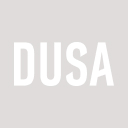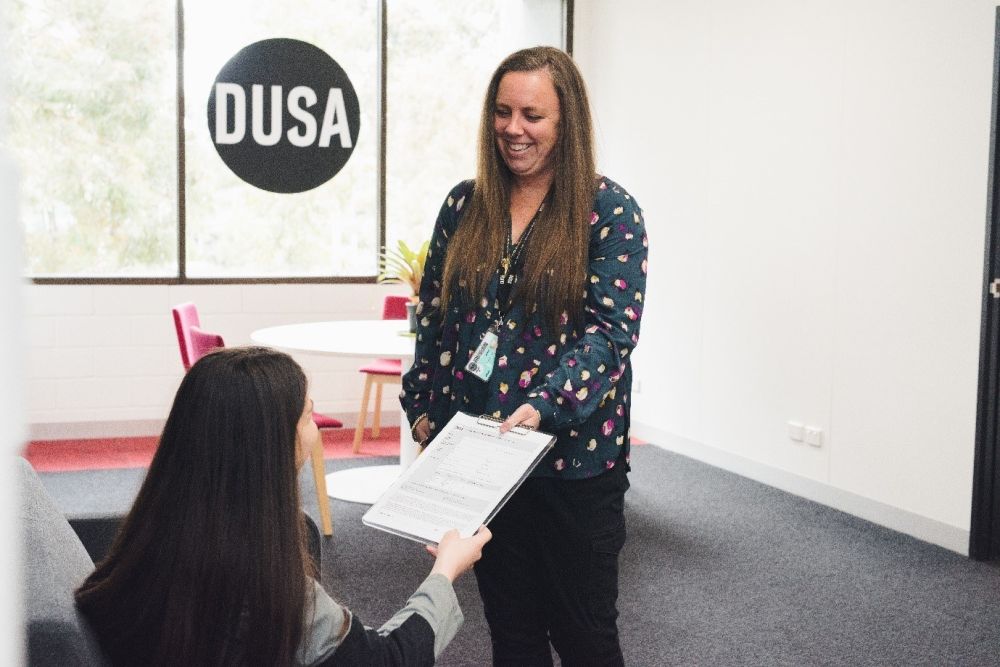
${item.excerpt}
Featured in ${item.section}

${item.excerpt}
Featured in ${item.section}



Raising student awareness one campaign at a time!
After observing an increase in Contract Cheating allegations at Deakin in 2015, the DUSA Student Advocacy and Support Service (SASS) hosted the first academic integrity awareness campaign. The first few years of the campaign were focused on deterring Contract Cheating and raising awareness of potential outcomes from a proven allegation and other personal consequences. Some students were not aware of university support services they could access when experiencing vulnerabilities that could lead to Contract Cheating behaviours, so the campaign also raises awareness about support services. In the years that have followed, the campaign has expanded to include other breach types.
Each definition below will take you to a YouTube Video Animation that explains the breach type. You can also read the Student Academic Integrity Policy via the Deakin Policy Library, or reach out to the SASS Team.
After each campaign, SASS has evaluated the success of the campaign by analysing student engagement, conducting student focus groups to establish effectiveness, and reviewing activation data to establish areas for improved student awareness.
We always enjoy hearing ideas from students. Feel free to let us know what you think should be part of the next academic integrity awareness campaign via our ideas form.
Our 2023 'How would you respond?' campaign was commended in the 2024 Studiosity 2024 Tracey Bretag Prize for Academic Integrity.
Our 2024 'What happens if...?' campaign was commended in the 2025 Studiosity 2024 Tracey Bretag Prize for Academic Integrity.

